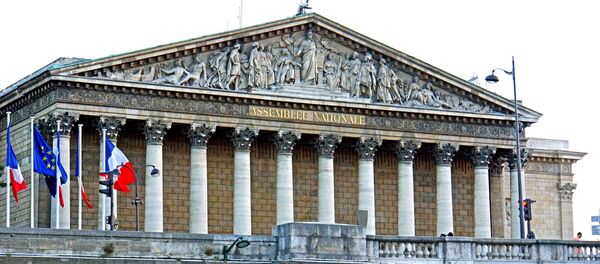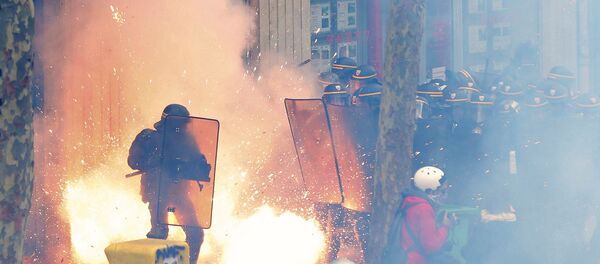Ever since Hollande attempted to bring in reforms to the French labor laws – known as the Code du travail – in order to give employers more flexibility, there have been sit-ins by students and mass demonstrations across the whole of France, resulting in more than 1,000 arrests and 350 police being injured.
Interviewed on radio station Europe 1 Tuesday (May 17), Hollande said: "On the labor law, I will not yield."
Hollande wants to give employers more scope to lay-off workers and cut costs and allow some employees to work far longer than the current 35-hour week. Other reforms include a cap on severance pay for workers dismissed by a company.
The current uncertain cost of laying-off workers mean that companies are risk-averse to doing so, leaving them less flexible and – in some cases – less productive. Opponents say the reforms would undermine workers' rights on pay, overtime and breaks.
Student Protests
The issue has become particularly toxic among students and young people – where unemployment is high – who believe the new reforms would make it easier for employers to sack them on a last-in-first out basis in a recession.
The matter came to a head in parliament, when Prime Minister Manual Valls invoked Article 49.3 of the constitution to bypass parliament and push through the reforms. The issue caused uproar, forcing the Paris police to use state of emergency legislation – originally brought in to counter terrorism – to ban demonstrations in parts of Paris on May 17.
Hollande is playing a high-stakes game in an effort to assert his authority after being heavily criticized for failing to deal effectively with a sluggish economy and high unemployment. He is still considering whether or not to throw his hat into the ring in the 2017 French presidential election.




